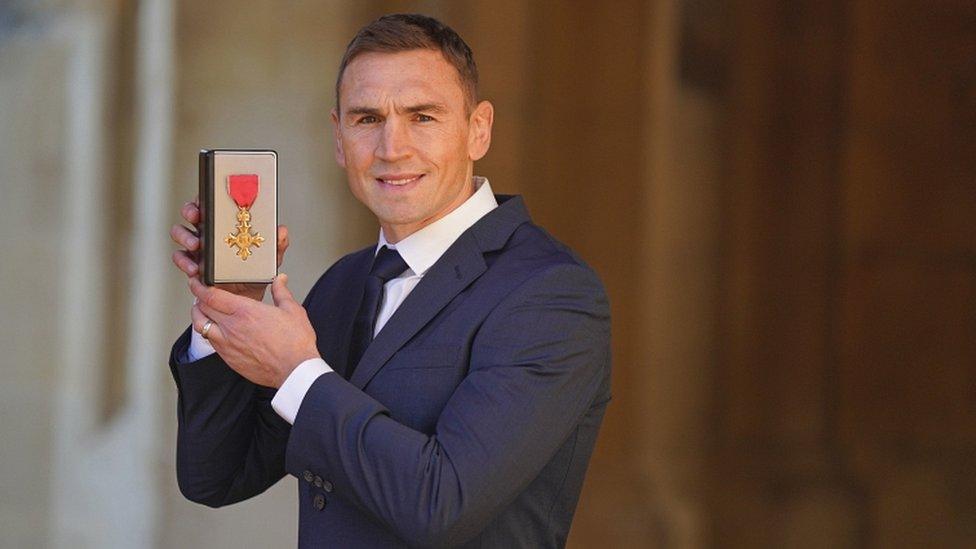Kevin Sinfield's seven ultra marathons finish at Old Trafford
- Published
Kevin Sinfield reached the finish line during the Rugby League World Cup final
Rugby star Kevin Sinfield has raised £1.5m for charity after completing seven ultra marathons in seven days.
He was greeted with huge cheers when he reached the Old Trafford finish line during half-time in the Rugby League World Cup final.
Sinfield has been raising money for motor neurone disease (MND) charities after the diagnosis of ex-Leeds Rhinos teammate Rob Burrow in 2019.
He said he "just wanted to be a great friend" by fundraising to find a cure.
"If we can all try and be a bit of a better friend from time to time, I think we'll have a bit of a better place to live in."
Sinfield reunited with Rob Burrow outside Headingley Stadium
The 42-year-old called Burrow "an absolute champion" and praised "the way the Burrow family have been so courageous and brave".
Speaking during the Australia v Samoa game, an emotional Sinfield thanked the public for their support, saying: "There's one thing for sure - that our country cares.
"It cares about people who need help and that MND community need us, they need support, they need love and we've got to find a cure."
Sinfield's task started in Edinburgh on Sunday, and passed through Melrose, Newcastle and York.
The Oldham-born star reached Old Trafford in Manchester on Saturday afternoon after covering 300 miles (482km).
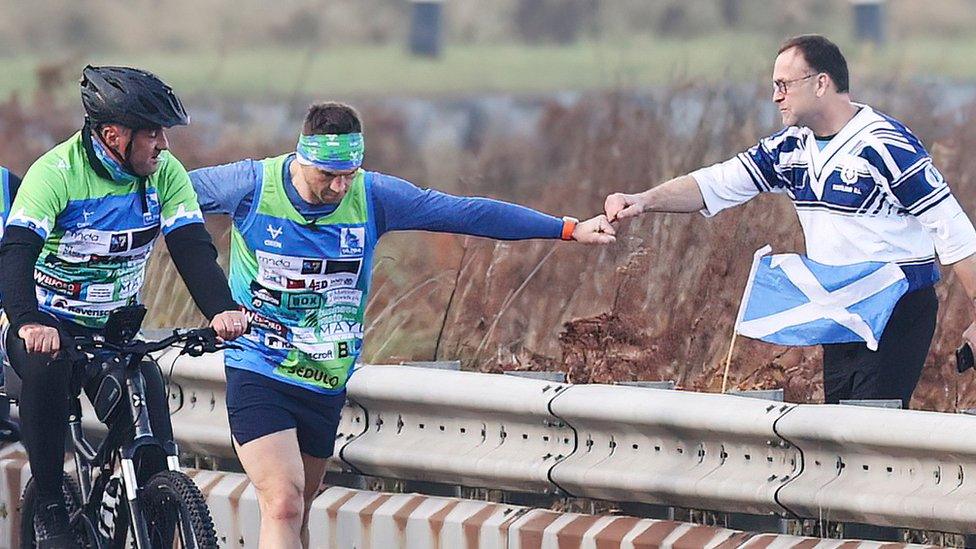
Sinfield thanked the public for their support during the arduous run
He surpassed his fundraising target of £777,777 - a nod to the number 7 shirt worn by Burrow, who greeted him at Leeds' Headingley Stadium after the Yorkshire leg on Friday.
The route covered locations that resonated with Burrow, ex-Bradford City footballer Stephen Darby and former Scottish rugby union player Doddie Weir, who all have MND.
The funds will be split between five charities supporting people impacted by the debilitating condition, external, which affects the brain and nerves.
Allow X content?
This article contains content provided by X. We ask for your permission before anything is loaded, as they may be using cookies and other technologies. You may want to read X’s cookie policy, external and privacy policy, external before accepting. To view this content choose ‘accept and continue’.

Follow BBC Yorkshire on Facebook, external, Twitter, external and Instagram, external. Send your story ideas to yorkslincs.news@bbc.co.uk, external.
Related topics
- Published18 November 2022
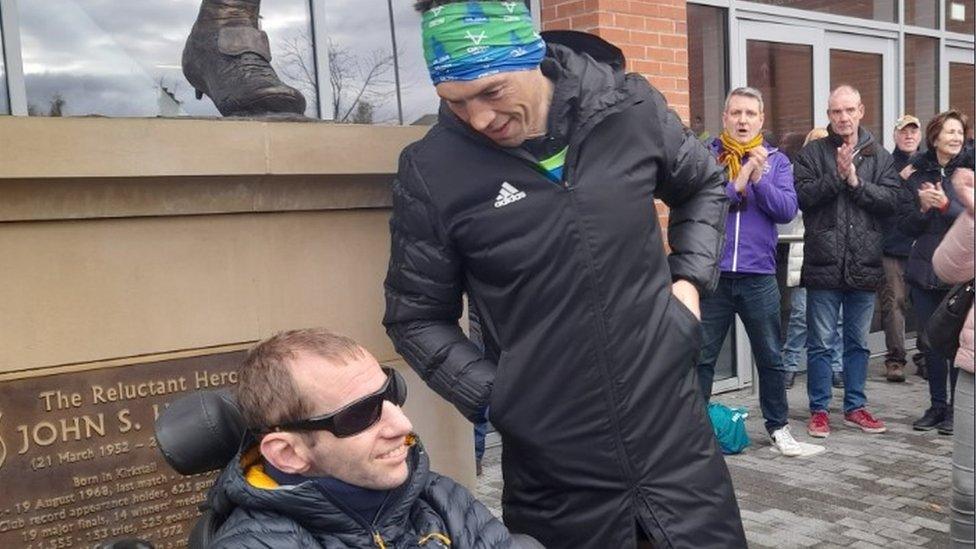
- Published13 November 2022
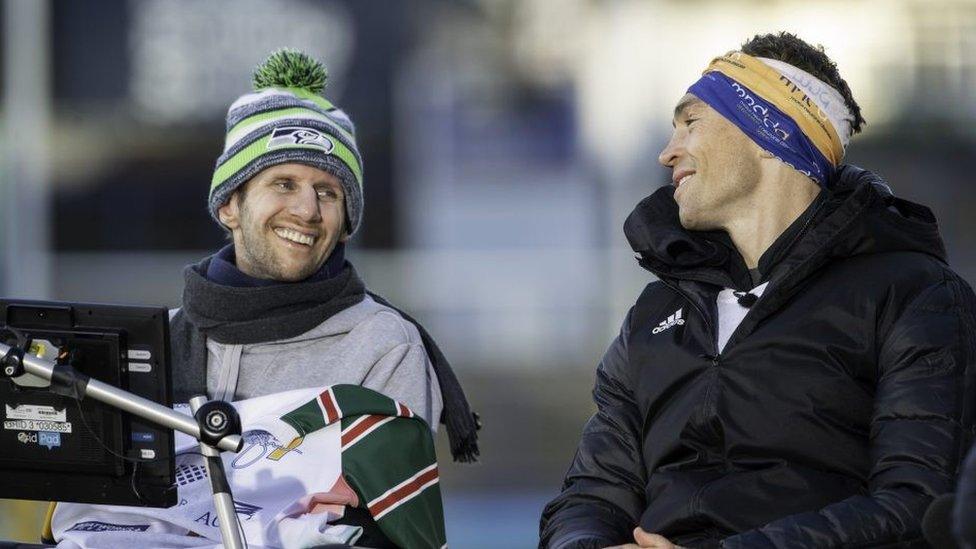
- Published4 November 2022
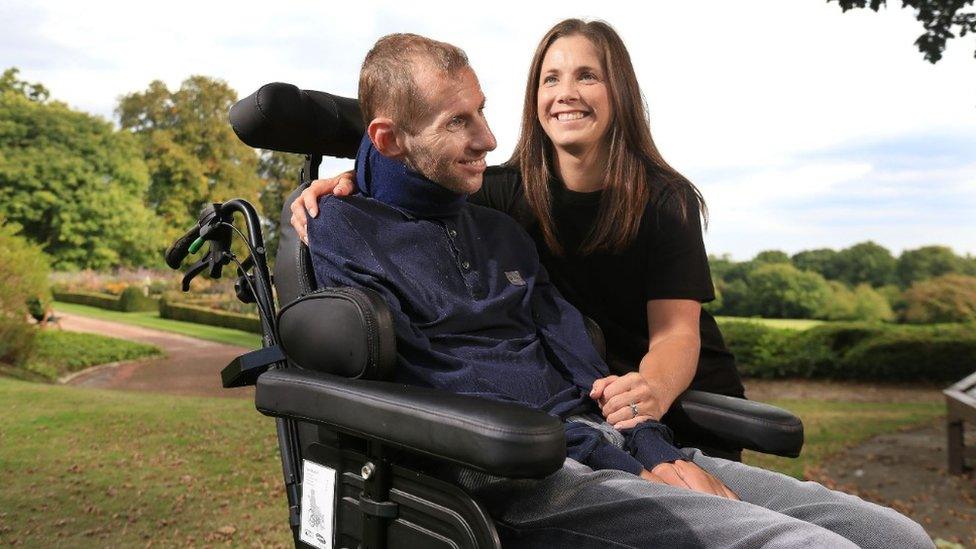
- Attribution
- Published8 August 2022
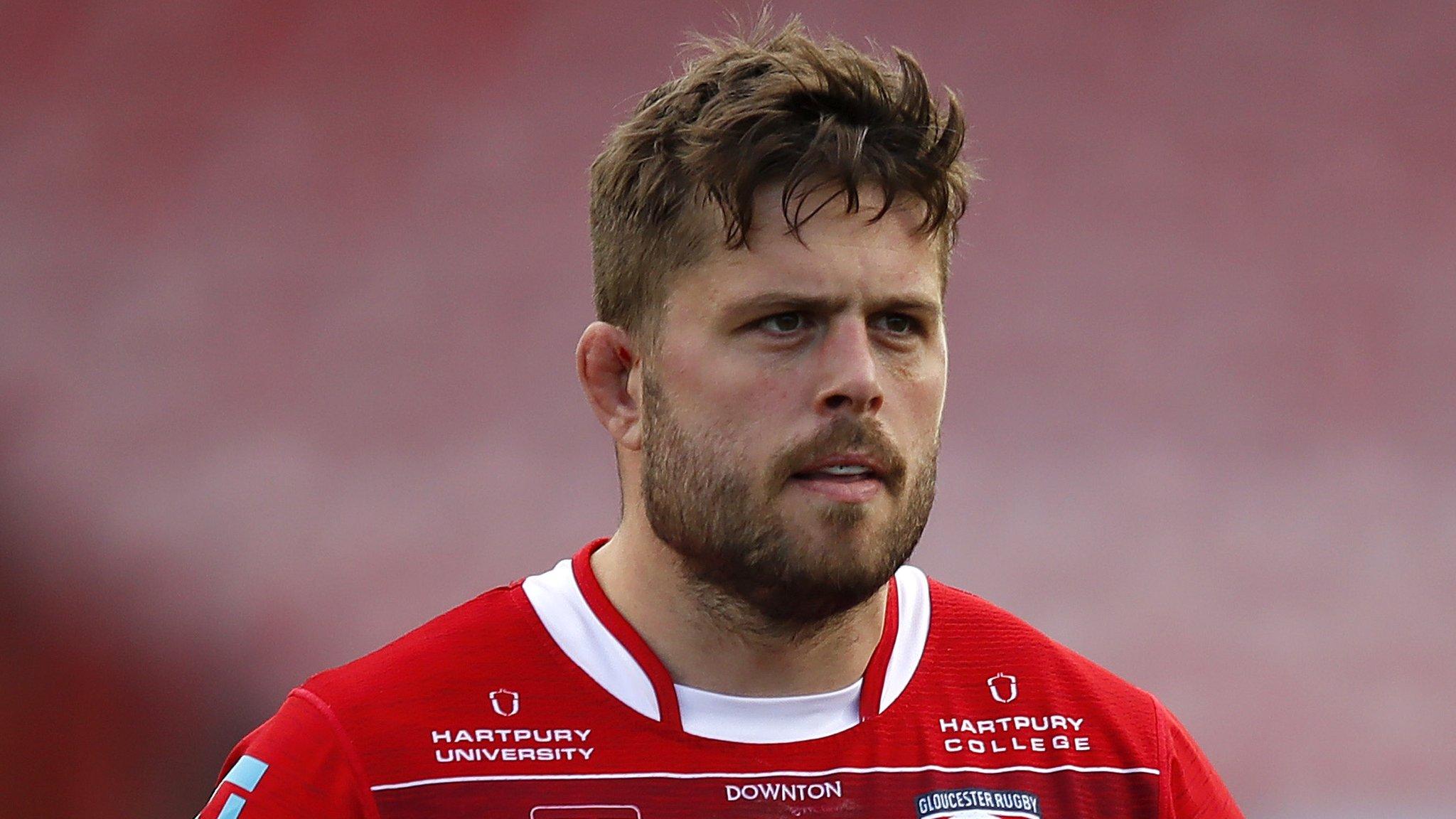
- Published12 January 2022
